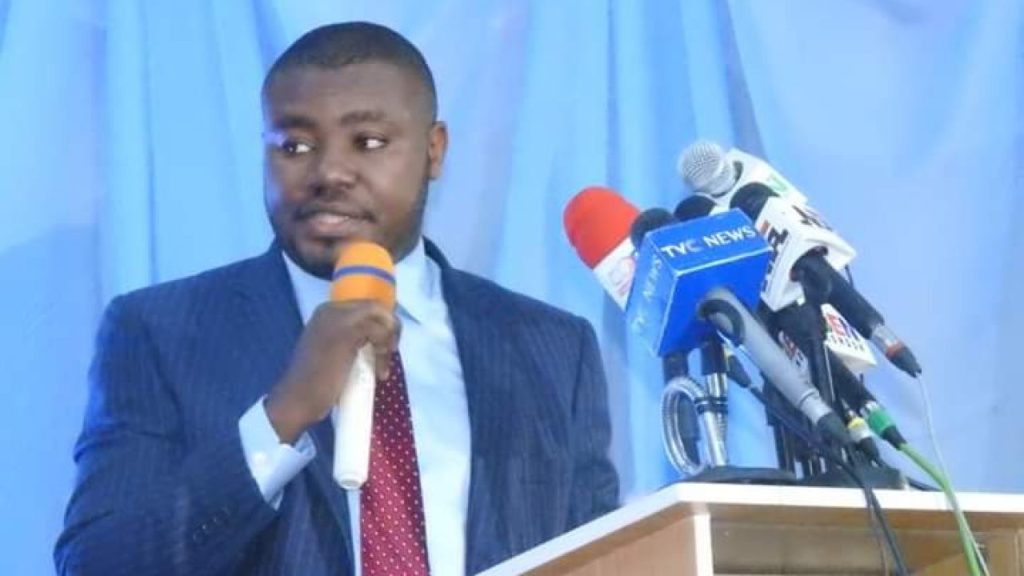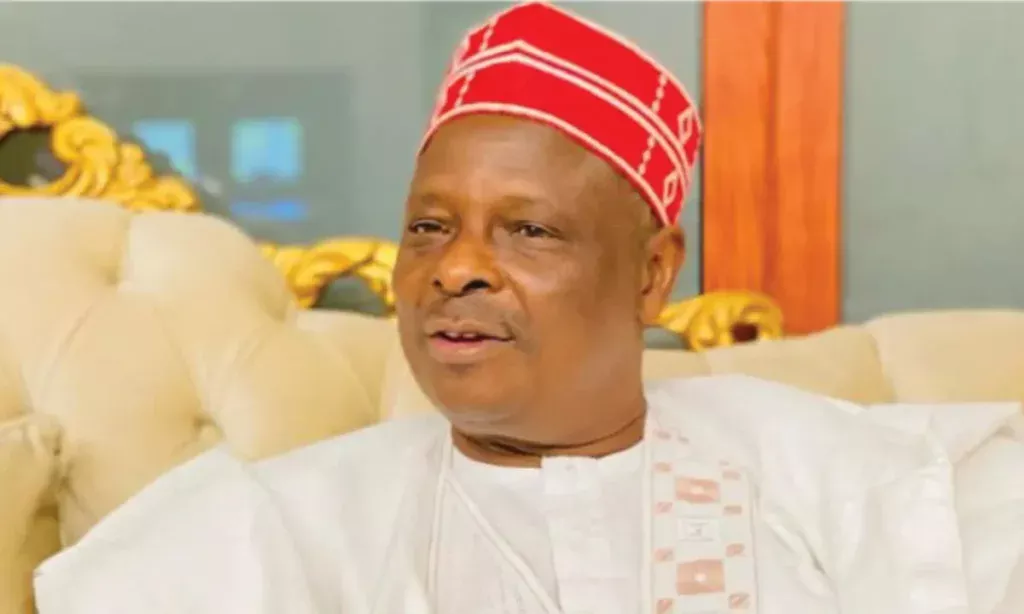The Nigerian Government in collaboration with the Government of Germany by way of GIZ and different stakeholders have converge on Abuja, Nigeria to implement the Free Trade Agreement.
READ ALSO: Nigeria Sets Up Dispute Resolution Centre to Enhance Free Trade Zones
Director General, Bureau of Public Service Reforms, Dr. Ibrahim Arabi stated the workshop seeks to deliver collectively related stakeholders to mind storm, and share experiences on the important thing components, potential advantages, challenges of AfCTA, in addition to focus on the function of the assorted Public Institutions in direction of the implementation of AfCTA since its ratification in 2021.
He stated the findings by the Bureau revealed low stage consciousness of AfCTA amongst residents, in addition to the inherent advantages in direction of fostering progress and economic system integration, therefore the necessity for the workshop.
” The Bureau as a central company of the federal authorities mandated to Initiate, Coordinate, Monitor and Evaluate implementation of reform programmes and insurance policies throughout Ministries, Departments and Agencies (MDAs), conduct analysis on implementation efforts and current greatest apply fashions, was impressed to embark on this challenge taking into cognizance findings arising by way of systemic administrative procedures and engagement with residents indicating low-level of consciousness of ACFTA”.
According to him, the issues of the Bureau was predicated on the necessity to unlock the event of the Small, Medium Enterprises and rising markets which accounts for the creation of over 80% of jobs in Africa.
Describing the Workshop as apt, the Bureau Boss famous that the implementation of the African Continental Free Trade Area in Nigeria requires a collaboration to be sure that commerce potentials are totally harnessed.
” The African Continental Free Trade Area, signed in Kigali, Rwanda in March 2018 and got here into impact on January 1, 2021, is the most important free commerce space on the planet by the variety of collaborating nations. It encompasses a market of over 1.3 billion individuals, with a mixed GDP estimated to attain $3.4 trillion by 2030″.
Dr. Arabi added that this bold initiative seeks to promote intra-African commerce, foster financial diversification, create jobs, and finally enhance the usual of dwelling for thousands and thousands of Africans.
The Trade Facilitation and Private Sector Adviser for GIZ, Mr. Raymond Dangana stated the programme aimed toward enhancing free and environment friendly motion of products within the West African area and past by decreasing the time, and price of commerce borne by the non-public sector in West Africa.
According to Mr. Dangana, it is going to additionally strengthen the power of regional buying and selling networks to reap the benefits of the enhancements.
“With new commerce agreements and different socio-economic developments within the Region, continent and across the Globe, it’s turning into more and more vital that stakeholders in Nigeria learn about these key rising developments and processes and to perceive the implications to the nationwide economic system.
” At the regional stage, a number of new steps are being taken by the ECOWAS Commission, all aimed in direction of strengthening the regional integration course of, whereas complying with worldwide greatest practices relating to commerce facilitation”. Dangana defined
Mr. Dangana additional said that the projection of the financial outlook of commerce is constructive if there’s the required synergy and cooperation amongst the assorted companies liable for the implementation of the commerce regime.
The Executive Secretary of the National Action Committee on the African Continental Free Trade Area, AfCFTA, Olusegun Awolowo stated he’s deeply dedicated to steering Nigeria in direction of realizing the huge potential of this historic financial integration initiative
He stated AfCFTA represents a big milestone for Africa’s financial improvement and for Nigeria, particularly, noting that efficient collaboration between the private and non-private sector is indispensable for its success.
According to him, the synergy between stakeholders is pivotal for the profitable implementation of the AfCFTA in Nigeria.
” By harnessing their respective strengths, Nigeria can totally leverage the alternatives offered by AfCFTA and drive financial progress, competitiveness, and inclusivity for the good thing about all its residents”.
Mr. Awolowo due to this fact advisable
Skills Development and Capacity Building as key to guaranteeing that every one events are well-equipped to navigate the complexities of AfCFTA, making the implementation smoother and simpler.



